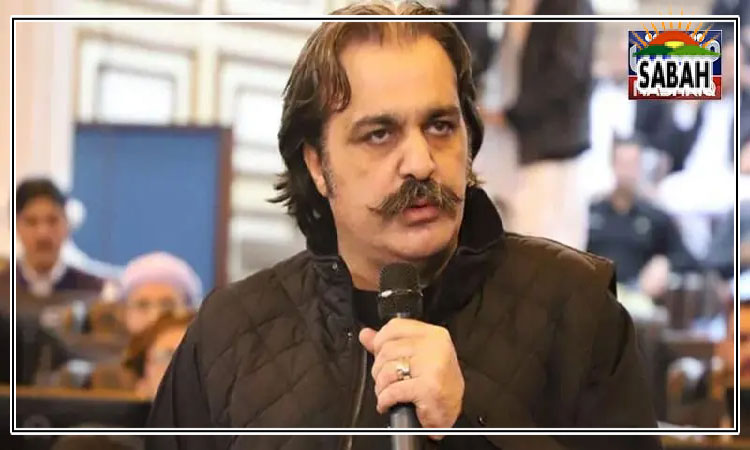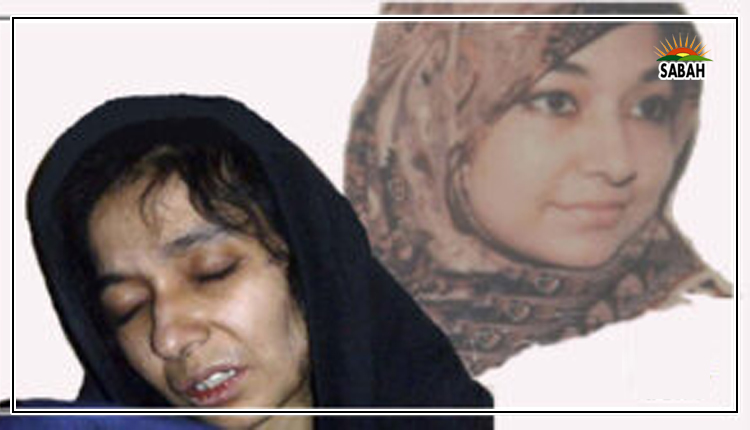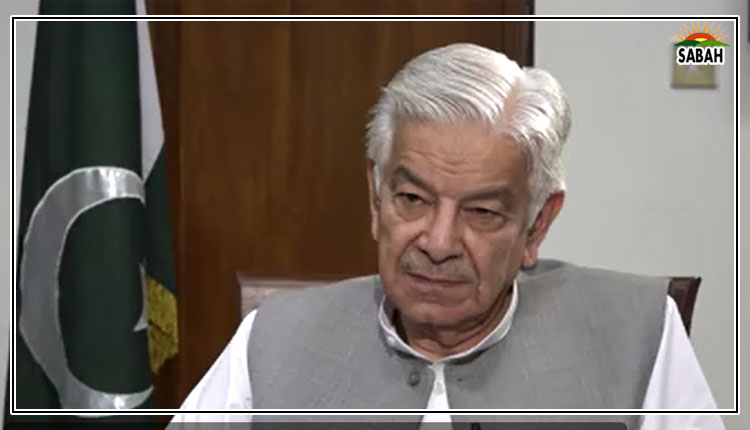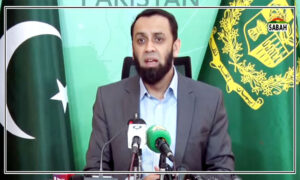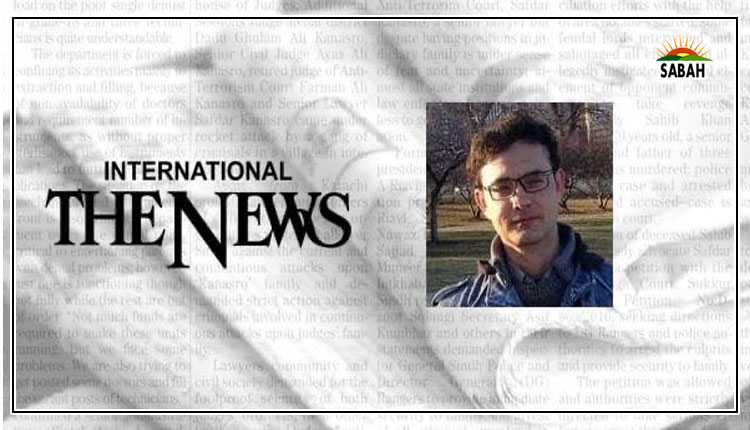Reimagining Pakistan …..Dr Aamer Raza
I will start the discussion on reimagining Pakistan with the most archetypal Pakistani attribute: inserting myself into a conversation uninvited.
The conversation in this case is the round of discussions organized by several former parliamentarians under the self-explanatory label Reimagining Pakistan. With our current state of national anxiety, rethinking and reimagining sounds like a noble idea. And nothing I have heard about the series of events is particularly troublesome except for the alleged long time audience had to wait for the arrival of political leaders, and the lack of women in the conversation, at least in Peshawar. The latter issue, in particular, needs urgent correction but more on that later.
As it happens with every new idea, movement and conversation in Pakistan, there are speculations as to its motives and backers. However, as an outsider to the system who lacks the tools or motivation to decode the contents of the black box that is Pakistans elitedom, I refrain from indulging in conjectures and will partake in the conversation on its face value. Accordingly, I write these lines as an offering of my proverbial two cents on the issue.
Starting with what may sound cliched and abstract, a reimagined Pakistan should be based around the idea of dignity of personhood. As much as I detest it, I understand that there always exist economic disparities for example, that not all children go to good schools. Resources can and should be more equitably distributed, but I recognize that resources are limited, and those who have them guard them more possessively than a toddler protects her toys.
However, dignity is in unlimited supply. And you do not have to hold yours to the chest when I demand some. Our people are treated with indignity wherever they interact with the state at the check post, in the hospital, in the office of this big gun or that. I have started to believe that there is a design to this systemic indignity. And it is that if we give our people dignity, they might demand a bigger slice of the pie. If we treat people like they were worthy creatures, they might start expecting us to not shove them to the side, having to answer their question, and God forbid, to have to arrive on time.
Practically, how do you ensure dignity of person? Logically, we develop and promote an idea of nationalism that is based around the right of the people political scientists call this civic nationalism.
Nationalism results from the acknowledgement that the relationship between state and communities and state and individuals cannot be based on control of the latter by the former. It is that peoples rights are sacred and that the state exists and function for them. We live under a social contract and if you do not give me rights and dignity, our social contract is broken. What stands between the current system and complete anarchy is our peoples lack of realization of the fact of this relationship. We need to integrate this relationship into our curriculum and into the psychology of our elite. A reimagined Pakistan is foremost a country where my self-respect is not a casualty to satisfying your idea of power and ego.
The second quality of a reimagined Pakistan should be to allow the intellectual growth of society. As things stand, our collective national conscious is subjected to a sentimental, ideologically driven discourse. Our curriculum is designed to indoctrinate, and our education intends to socially engineer clones of people who have the inability to think past expedient truths. The only intelligentsia allowed to air their thoughts is the one that regurgitates the same sentimentality that unfortunately has gotten us where we currently find ourselves. Simply, we must mainstream the fringe ideas of reason and rationality. A state that feels threatened by rights movements and allows and encourages hate speech will always preside over a society with a broken moral compass.
Third, much has been said in the Reimagined events about the desirability of state institutions remaining in their constitutionally designated lanes, and I wholeheartedly agree with that. Having said that, democracy does not mean a system where politicians consolidate patronage, pocket and squander public resources like there is no tomorrow, and avoid accountability like the plague. If you really care for the country, and scarcely have I felt in the past years that those who rule over us do, set examples of integrity rather than using our flawed electoral system like it is your licence to plunder.
Fourth, a reimagined Pakistan should recalibrate its foreign policy. Let us make economic security our guiding principle. We saw in the past few months that without economic stability, our rulers look and sound less like the leaders of a sovereign state and more like individuals who knock on your car window in a traffic jam. And economic priorities demand that we improve our relations with India. I do not have high hopes of the current Indian government, but you unavoidably work with whoever is in power.
The world has transformed since Pakistan came into existence. Today, China and the US are competing world powers but also the largest bilateral trade partners in the world and by some distance. Most of our insecurities result from the same security discourse that creates a constant sense of danger. We are deceiving no one but ourselves when we continue to believe that the world will take our case on Kashmir seriously without us first developing into a country where great powers have economic interests.
The only guarantee to the continued existence and prosperity of a country is the promise of a good life to its people. Sentimentality, ideology, oppression, and control can take you only as far as we have come. It is unsurprising that the children of most of our elite, their next generation, their plan for future, almost universally do not reside in Pakistan. And I do not blame them. People want the best for their children. But for all the rest of us who do not have that possibility open to them, perhaps we also deserve a better life.
The writer is an assistant professor of political science at the University of Peshawar. He also co-hosts the podcast Pakistan at 75. He can be reached at: aameraza@gmail.com
Courtesy The News


